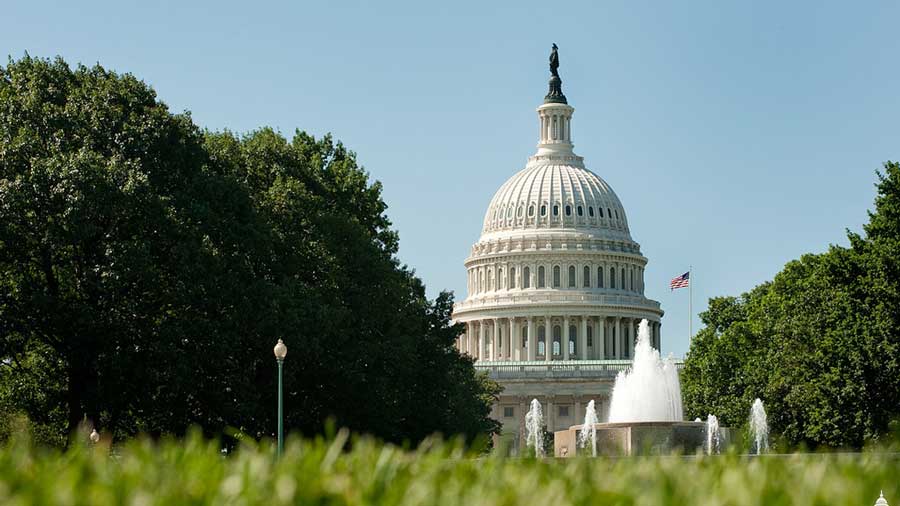CTIA: Streamlining Small Cell Site Reviews Could Save $1.6B

The smarter way to stay on top of broadcasting and cable industry. Sign up below
You are now subscribed
Your newsletter sign-up was successful
The FCC's proposal to eliminate historic and environmental reviews for some small cell (5G) wireless broadband buildouts on both federal lands and private property could reduce the cost of building out those networks by as much as $1.6 billion between 2018 and 2026 assuming a two-thirds reduction in reviews, according to an Accenture study commissioned by CTIA.
The FCC is proposing to exempt new small cell deployments from historic and environmental reviews that wireless companies say dramatically extend deployment timelines and raise costs.
Accenture estimates that the cost of deployment will go from $36 million in 2017 (or almost 30% of deployment costs) to six times as many reviews given the pace of new buildouts.
CTIA released the study Tuesday (March 13) in advance of the FCC's planned March 22 vote on the proposal, which has drawn lots of fans in the broadband buildout community. FCC commissioner Brendan Carr outlined the FCC order last month in a speech.
"Small cells are similar in size to a pizza box and can be deployed on streetlights or utility poles in about one hour," said CTIA in releasing the report. "However, under rules that were designed decades ago for 200-foot cell towers, getting necessary federal and local permissions can take over a year and require multiple, duplicative reviews including federal environmental and historic preservation reviews."
Related: Small Cell Dereg Gets Big D.C. Hand
CTIA president Meredith Attwell Baker told B&C that the FCC move has to be seen in the context of a global race for 5G, which she said Nokia's CEO had called a "neck and neck race with China."
"The stakes are huge and the Accenture report we're rolling out today demonstrates how important what the FCC is going to do on March 22 really is," she said.
Baker said reducing the cost of getting new services out by $1.6 billion is "very significant."
She said one of the reasons easing the process is so important is that there will be 550% more small cells deployed this year than last. She said it is "astonishing" how fast that investment was coming after the approval of a 5G standard.
The FCC move will significantly reduce the number of months -- in half by Carr's estimate -- it takes to deploy, as well as cut the costs.
Baker said that will have a big impact on the global race for 5G.
So, does exempting small cells from the reviews mean cutting corners on the environment or putting antennas on the Washington Monument?
"No," said Baker. "Nothing in this is going to change the way our industry has to relate to the localities that we serve. This is really about bringing investment into small cells faster so our communities can have faster, better, broadband -- up to 100 times as fast as 4G serving 100 times the number of devices."
The Accenture report is based on "a survey of carriers representing the wireless industry on spend related to federally-mandated historic and environmental reviews and other key data points."
The smarter way to stay on top of broadcasting and cable industry. Sign up below
Contributing editor John Eggerton has been an editor and/or writer on media regulation, legislation and policy for over four decades, including covering the FCC, FTC, Congress, the major media trade associations, and the federal courts. In addition to Multichannel News and Broadcasting + Cable, his work has appeared in Radio World, TV Technology, TV Fax, This Week in Consumer Electronics, Variety and the Encyclopedia Britannica.

